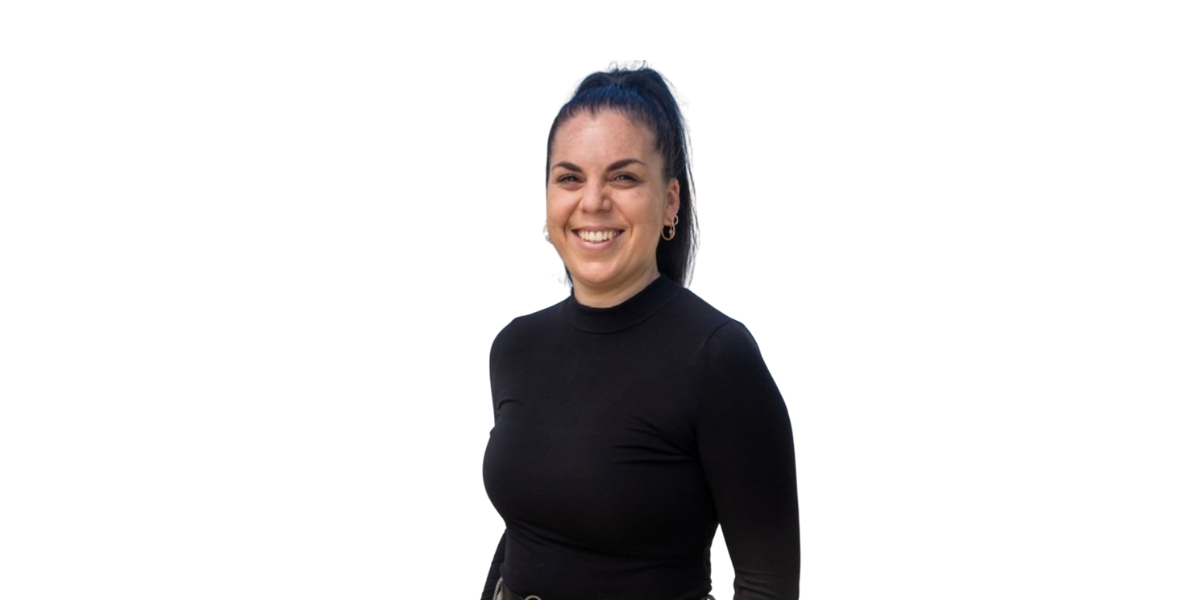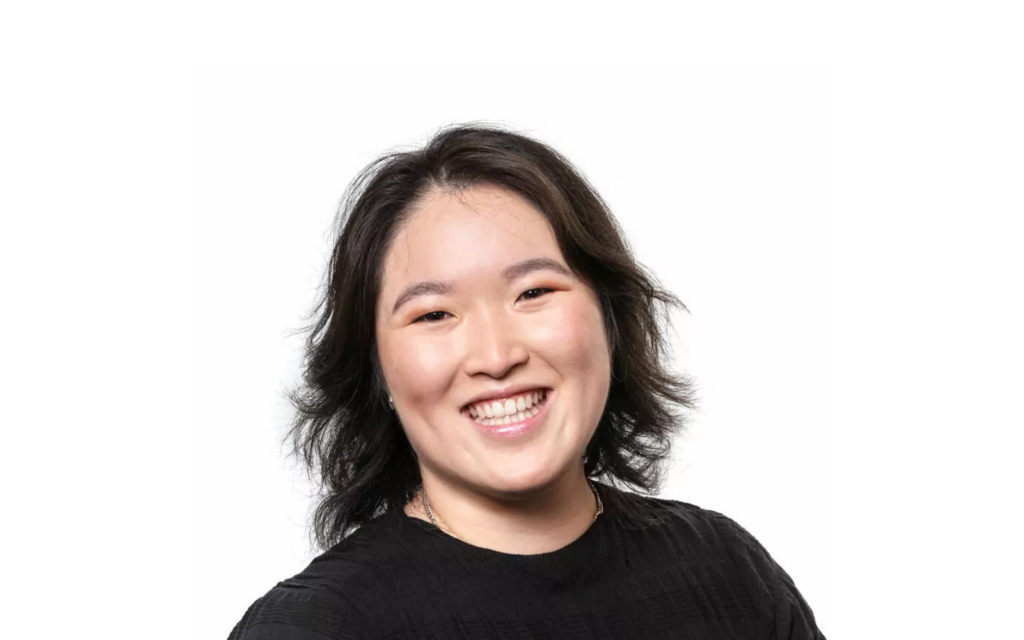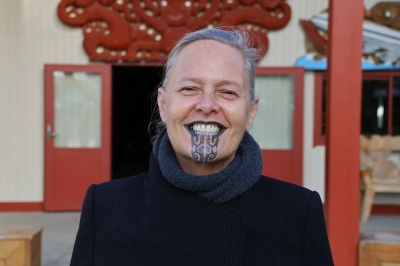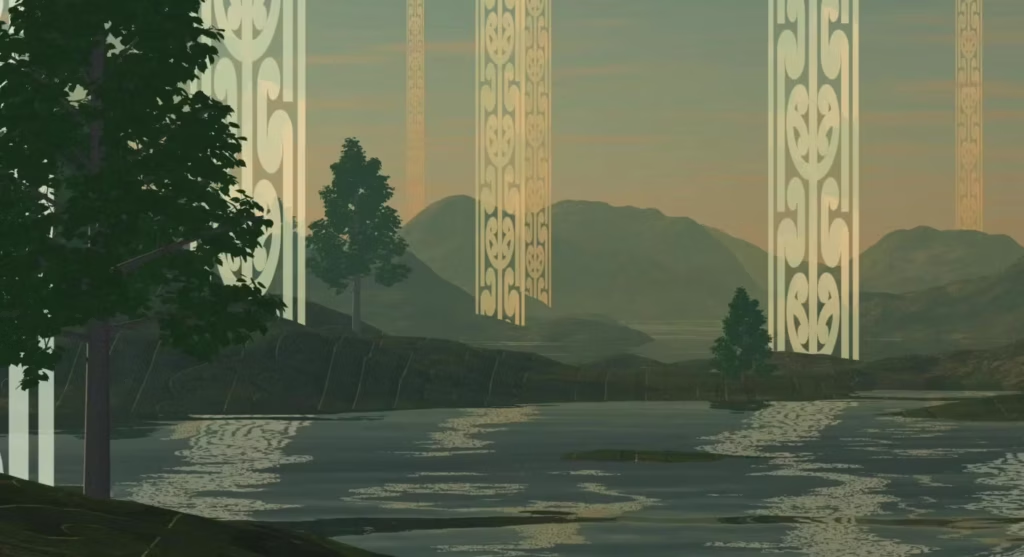Manukura | Chy Potaka-Osborne
Published:
August 25, 2025

E noho ana au ki Whanganui
Ko tēnei taku mihi ki ngā tāngata whenua o tēnei wāhi.
Ko Ruapehu te maunga
Ko Whanganui te awa
Ko Atihau-nui-a-paparangi te iwi
Ko Ngati Tuera me Pamoana nga hapu
Ko Pungarehu me Parikino nga marae
Ko Cheyenne Potaka-Osborne tōku ingoa
Cheyenne Potaka-Osborne is Kaihautū/Manager Lead Systems Innovator, Impact Designer, Illustrator, Innovation & Research – Te Oranganui at Healthy Families Whanganui Rangitīkei Ruapehu.
Can you tell us about the mahi you’re leading and the impact you’re seeing in your community?
We are leading kaupapa focused on reshaping how our community understands and responds to mental health, addictions, and toxic stress — shifting from crisis-driven, clinical models towards prevention, equity, and whānau-led solutions.
This includes co-designing frameworks and strategies alongside people with lived experience, peer support networks, and cross-sector partners. We’re working to embed strengths-based approaches, honour Te Tiriti o Waitangi, and integrate kaupapa Māori and mātauranga Māori into system change.
The impact we’re seeing is powerful — whānau feeling heard and valued, services working together instead of in silos, and local organisations aligning around shared goals. We’re also seeing more prevention-focused initiatives being trialled, reduced stigma in how mental health is talked about, and stronger relationships between agencies and communities. This momentum is creating real hope for lasting, generational change.
What drew you to this kaupapa, and how has your journey shaped the way you approach this work?
What drew me to this kaupapa was years of seeing in my clinical work how many whānau only reached services when things were already at breaking point. It made me realise we needed to work differently to focus on prevention, equity, and solutions built with whānau at the centre. I wanted to be part of shifting the system so it supports people earlier in ways that uphold their mana.
Living and working in Whanganui has really shaped how I approach this mahi. Having worked within the system and now working outside of it is a big part of why I do this work — making sure whānau, rangatahi, and pēpi can actually access the services they need. I also want to see services work together as a connected ecosystem that’s responsive, joined-up, and centred around the people using them.
For me it is about making wellbeing something we all have a role in nurturing so our tamariki, rangatahi, and whānau can thrive, not just survive.
What do you love most about the mahi?
I love the methodologies we use in Innovation and Research and the opportunity they give me to keep learning especially around systems change, collective impact, and design thinking.
These approaches challenge the status quo, create space for creativity, and help us design solutions that are truly driven by the voices of our whānau.
What are some of the most powerful stories of transformation you’ve witnessed through your work?
Some of the most powerful stories I’ve seen are when whānau who once felt completely disconnected from services or community begin to step into their own power. I’ve watched rangatahi who came into a kaupapa feeling unheard and unsure of their future leave with clear goals, new skills, and a belief in their own potential.
One whahine who worked alongside us in the Art of a Great Referral had been in and out of crisis for years, experiencing a system that was disjointed and heavily western-focused. Through a kaupapa co-designed with her, she helped shape the Art of a Great Referral prototype, creating a pathway where whānau can access support earlier, strengthen their connections, and build tools for their wellbeing. She has since shared her journey with others, becoming a leader in her own right.
I’ve also seen the ripple effect, when one person’s transformation inspires change in their wider whānau and hapori. Those moments remind me why prevention, equity, and kaupapa Māori approaches matter. It’s not just about one service or one person, it’s about shifting the system so that thriving becomes the norm.
What have the challenges been?
One of the biggest challenges in this mahi has been navigating the power dynamics and structures within the system. Often, funding and resources are tied to KPIs that focus on outputs rather than real outcomes for whānau, which can make it difficult to invest in prevention and early intervention.
There’s also the challenge of accessing money in ways that truly support communities. Too often, resources are directed to responding once a crisis has already happened, rather than being prioritised where they could prevent harm in the first place. In our work, we focus on being the ambulance at the top of the cliff, not the bottom. That means creating opportunities for whānau to get support earlier, strengthening connections, and building resilience, but it requires patience, persistence, and advocacy to shift systems to value prevention over reaction.
What inspires you and who have your greatest teachers and mentors been?
What inspires me most are people who push boundaries for what is good and right, not just for parts of a community, but for all whānau. Seeing others challenge the status quo, advocate for equity, and create change that lifts everyone up reminds me why this mahi matters. I am motivated by the courage, vision, and resilience of those who step forward to make systems work better for everyone — it reminds me that lasting change comes when people, communities, and leaders work together to create environments where whānau and our babies can truly thrive.
My greatest teachers and mentors have been incredible wahine who have led in ways that deeply align with my values and aspirations. Throughout my career, I’ve always had strong wahine in my sphere who I’ve admired and taken every opportunity to learn from. Many of these wahine I now consider whānau, and their guidance has shaped not only how I lead, but also how I think about impact, community, and collective wellbeing.
What’s one whakaaro or piece of advice you’d give to others working in this space who want to create meaningful change?
One whakaaro I would give is to always centre whānau and community in everything you do. Meaningful change doesn’t come from top-down solutions or ticking boxes, it comes from listening deeply, co-designing with those most affected, and being willing to challenge the systems that aren’t working.
It’s also important to remember that change takes time and persistence. Celebrate the small wins, learn from what doesn’t work, and lean on the collective wisdom of your colleagues, mentors, and communities. When you stay grounded in values, tikanga, and the voices of whānau, the work becomes more than just a job, it becomes a movement that has real, lasting impact.


